Akira Imanari is a remarkable young man from Japan who recently completed his internship at the Lukome Center in Gulu, Uganda. A trained nurse who has worked in a hospital Intensive Care Unit (ICU), Akira initially hoped he would be able to offer some of his medical skills. He quickly learned that expectation and reality don’t always align. And while Richard Kyitarinyeba, ChildVoice’s Head of Office in Uganda, was at first skeptical of welcoming an intern from Japan, he quickly became impressed by Akira’s determination to contribute – and to learn.
We took time recently to talk with Akira about his ten-week internship experience in the hopes that he could provide some insights for prospective interns about such issues as dealing with language barriers and culture shock.
ChildVoice (CV): First of all, what brought you to ChildVoice? What did you see about us or experience that made you want to come to the Lukome Center?
Akira: At first when I looked for my internship, I wanted to come to Gulu [Uganda] because I wrote an essay about the conflict in northern Uganda. Then I found out about ChildVoice. ChildVoice was initially working on the reintegration of children affected by war, and now ChildVoice is mainly doing the rehabilitation or supporting girls affected by many kinds of violence. Then I heard that for some ChildVoice [students], their background is in the conflict areas of countries involved in war. So I wanted to see them and support them. That's why I came and started doing my internship at ChildVoice.
CV: Did you find it challenging or easy to a work with ChildVoice to organize your internship program and then travel to Gulu?
Akira: What was difficult was living [among] the students and staff at the Lukome Center. And because before coming to Uganda I was in the UK and I lived alone, and then after coming it was difficult to find my private time but um after spending like one or two weeks later, I was used to it and I don't want to leave the center.
CV: That must have been a transition for you, but you've Really enjoyed being a part of the community there. What kind of expectations did you have before you came to the Lukome center? How would you say what you though you're going to experience and how does that compare to what you actually did experience?
Akira: At first, I expected to get used to easy and to be able to build a good relationship with all people easily bad actually I first needed to act formed to be assertive.
CV: So you had to be intentional about changing your expectations.
Akira: Yes. I also expected to contribute some of my skills, such as nursing skills or a like psychological support. But although I worked in an ICU in Japan, the environment is completely different, so I don't think I could contribute a lot.
CV: What do you think you did contribute the most to you during your time at the Lukome Center?
Akira: I would say psychological support. I didn't study counseling at university, but outside of counseling, I spent a lot of time with students and their children. I was able to build a good relationship with them. That was a kind of trauma healing.
CV: Would you say it was more social-emotional support?
Akira: Yes. For example, I organized a Japanese movie night, and I was able to explain a lot of things outside of Uganda. That was a good experience for them.
CV: How was the language barrier? Was it challenging?
Akira: Actually, I felt it was quite difficult. I usually talked to girls from South Sudan, but they can't speak English. So I wasn't able to speak a lot with the girls. I tried to learn some Acholi language, and although I can't speak [it] I learned greetings. But I was I was able to communicate with them sometimes through the staff who could speak Acholi and English.
CV: Here were you able to talk with Madam Cecilia about her experiences?
Akira: I wasn’t able to talk to her, but I could talk to Madam Tracy and Madam Stella. I talked to them about what happened in Lukodi, and they explained to me what happened. But they didn't tell me what they experienced [personally].
CV: What would you say was your highlight of your 10 weeks at the Lukome Center?
Akira: Well, that's quite a difficult question! But I would say when I danced Japanese dance with the students.
CV: What do you think you're going to tell family and friends about your experience? what's the most important thing?
Akira: In Japan I don't think many people know about Uganda. I will talk about my experience and also tell them about the history of northern Uganda – what happened and what people experienced. That is my duty I think, because I actually came to Uganda and talked to people who experienced conflict.
CV: It's not just a history book you read. You want to meet people and build relationships and friendships with the people that actually lived it.
Akira: Yes. And also I was able to see the [Lukodi Massacre] memorial. That was alsovery good experience.

